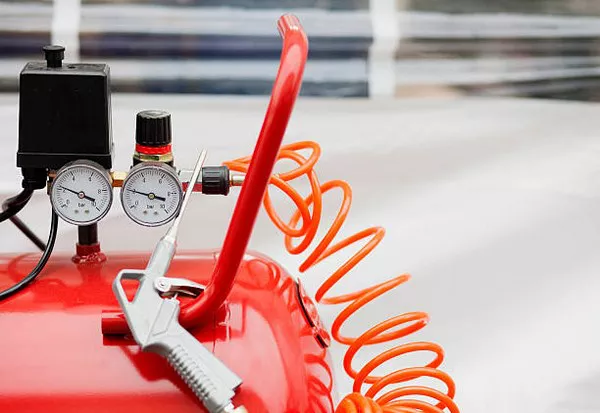In the scorching heat of summer, a malfunctioning air conditioning system can quickly turn a comfortable living space into an uncomfortable one. One common issue that homeowners may encounter is the AC compressor not turning on. The compressor plays a crucial role in the cooling process, and its failure to operate can lead to a lack of cool air circulation. In this article, we will delve into the various reasons why an AC compressor may not turn on and explore potential troubleshooting steps.
Power Supply Issues:
One of the primary reasons for an AC compressor not turning on is a power supply problem. Start by checking if the unit is receiving power. Ensure that the circuit breaker associated with the AC system is not tripped. If it is, reset it and observe if the compressor starts functioning. Additionally, inspect the fuse box for any blown fuses. Replacing a blown fuse may restore power to the AC unit and get the compressor running again.
Thermostat Settings:
The thermostat serves as the control center for your HVAC system. Incorrect thermostat settings can prevent the compressor from turning on. Verify that the thermostat is set to the desired temperature and mode (cooling). If the thermostat is programmable, ensure that the programmed schedule aligns with your cooling needs. Sometimes, a simple adjustment of the thermostat settings can resolve the issue and activate the compressor.
Faulty Capacitor:
The capacitor is a crucial component responsible for providing the necessary electrical boost to start the compressor. A faulty capacitor can hinder the compressor from initiating its operation. Inspect the capacitor for signs of damage, such as bulging or leaking. If you notice any irregularities, replacing the capacitor may be necessary. Capacitor replacement is a relatively straightforward task for a qualified technician and can significantly improve the compressor’s performance.
Contactor Issues:
The contactor is another vital electrical component in the AC system responsible for sending power to the compressor and the condenser fan motor. If the contactor is defective or worn out, it may prevent the compressor from receiving the required electrical signal. Visually inspect the contactor for signs of burning or pitting. If identified, replacing the contactor may be necessary to restore proper electrical connections and enable the compressor to turn on.
Low Refrigerant Levels:
Insufficient refrigerant levels in the AC system can lead to a range of problems, including the compressor not turning on. Low refrigerant levels can be a result of leaks in the system. A qualified HVAC technician should inspect the system for leaks, repair them, and recharge the refrigerant to the recommended levels. Addressing refrigerant issues not only resolves the compressor problem but also ensures optimal cooling efficiency.
Malfunctioning Thermostat Sensor:
The thermostat sensor monitors the temperature of the air entering the evaporative coil. If the sensor is malfunctioning, it may not send the correct signal to the compressor, leading to its failure to turn on. Check the thermostat sensor’s position; it should be near the evaporative coil but not touching it. If the sensor is misaligned or damaged, repositioning or replacing it can rectify the issue and allow the compressor to function properly.
Overheating:
AC compressors are equipped with thermal overload protection to prevent overheating. If the compressor becomes excessively hot, the overload protection may cause it to shut down temporarily. Overheating can result from various factors, including a dirty or blocked condenser coil, inadequate airflow, or a malfunctioning fan motor. Regular maintenance, such as cleaning the condenser coil and ensuring proper ventilation, can prevent overheating and keep the compressor running smoothly.
See Also How Much Does It Cost To Fix A Refrigerator Compressor
Conclusion:
A non-operational AC compressor can be a source of frustration, especially during the hot summer months. Understanding the potential causes of a compressor not turning on is essential for effective troubleshooting. While some issues may be resolved through simple adjustments or replacements, others may require professional intervention. Regular maintenance and timely repairs can ensure the longevity and efficiency of your air conditioning system, keeping your home cool and comfortable when you need it most. If troubleshooting steps do not resolve the issue, it is advisable to seek the expertise of a qualified HVAC technician for a comprehensive assessment and repair.

